BKWine met Generation Riesling, a group of young, forward-thinking German winemakers. There were many good Riesling wines, and others, in the presentation. BKWine’s Peter Cronström reports.
The German Wine Institute recently invited us to an event to make us acquainted with modern German wines. They wanted to show that the new generation of winemakers in Germany is about to shake off some of the old traditions and that they today make much more modern wines, wines that are more attractive and wine-drinker friendly without it compromising other parts of their long traditions.
They point out that the experiences many have had with cheap semi-sweet wines, served in strange bottles, of low alcohol is not what the new generation stands for. One other thing that they are also trying to change is, for example, the German grapes names that many parts of the world do not understand. In Sweden, and other countries, many take the view that German Riesling is always semi-sweet or semi-dry, and therefore we automatically delete them from our choice.
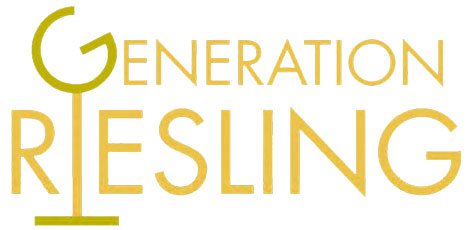
Generation Riesling is a grouping of a number of young winemakers. You must be under 35. It is not necessary to only make Riesling wines. Wines from all types of grapes available in Germany is OK. The project is supported by the German Wine Institute for marketing. The initiative appears to be very successful because the wines tasted were consistently very good and more in line with what we now expect of wines that should work well in combination with food.
There were 8 different producers in this tasting. One wine from each producer was tasted in combination with various dishes. All were consistently very successful. Unfortunately none of these wines are available on the Swedish market and only one of the producers is represented at all.
After the food and the wine tasting we were given the opportunity to sample a larger range of each producer’s wines. There are promising new wines and traditional wines and some new experiments with new methods and odd varieties.
The producers represented, and that I think you should look out for in the future, were:
- Weingut Bischel
- Weingut Lorenz & Söhne
- Weingut Gabel
- Weingut Thörle
- Weinhaus Boessneck
- Weingut Braunewell
- Weingut Lehnert-Veit
- Weingut Thomas Reinhardt
The future of the Generation Riesling is to spread this initiative to many more producers to achieve a broader increase in quality of German wines.
More information about Generation Riesling.
Peter Cronström writes on BKWine Magazine on wine tastings with wine merchants and importers.
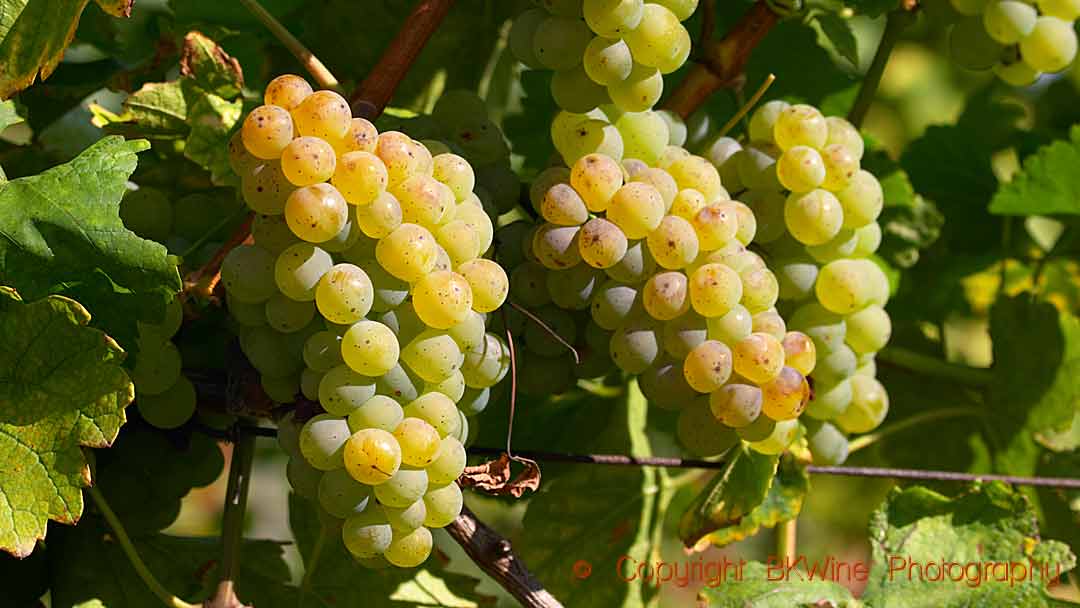



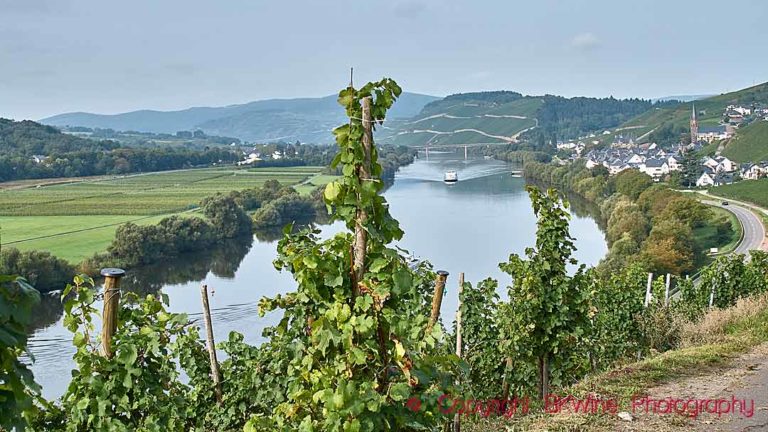
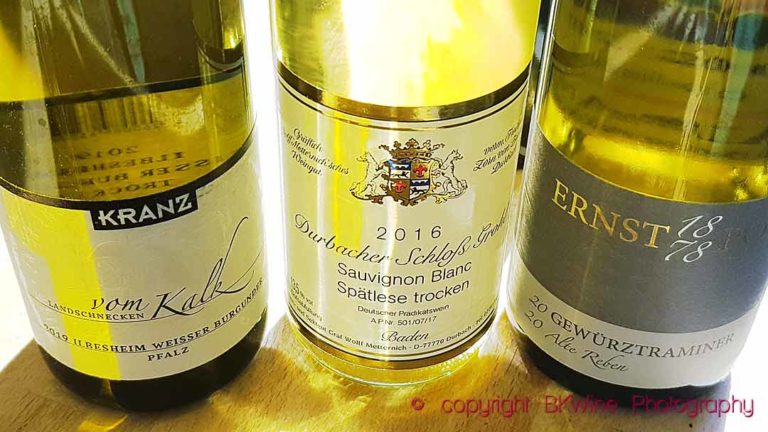
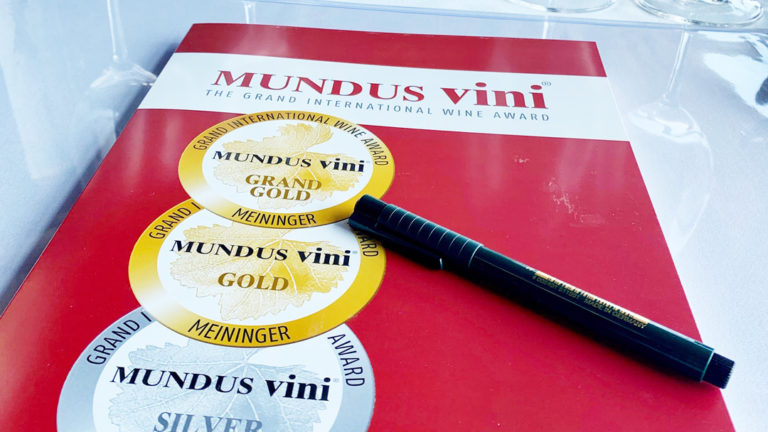




4 Responses
“Generation Riesling, an initiative to increase the quality of German wines”
Certainly Riesling is a hard sell outside the German-speaking world. But this is a marketing problem, not a quality problem as implied. The fact that inferior wine was exported in past years does not mean it is necessary to change the style of, or otherwise improve, the best ones that exist now and have existed for many years. (An educated consumer might even come to appreciate a low-alcohol, sweet Riesling.) More to the point, I maintain that at any price point below €35-40, the overall quality of German Riesling today has reached a level as high as that of any grape variety anywhere in the world – in some cases higher – and that each year brings further improvement. (One could make a similar case for Spätburgunder vs. Pinot Noir). They just need to be better marketed.
From what I can tell, Generation Riesling – and, for that matter, the German Wine Institute that created it – exist to make progress on this marketing problem. I hope they can. I object only to the contention that some such initiative is intended to, and (by implication) is needed to increase the overall quality of German wines. This is a process that started at least 10 years ago, has had great success, and is going on quite nicely without help.
In this spirit, I suggest anyone interested in next-generation winemakers should also consider, in addition to Generation Riesling, the “Top Talent” group chosen by the VdP for the Pfalz:
Alexander Pflügler (Weingut Pflügler)
Andreas Meyer (Weingut Karl-Heinz and Andreas Meyer)
Markus Spindler (Weingut Heinrich Spindler)
Stephan Schwedhelm (Weingut Kosterhof)
Frank Ackermann (Weingut Ackermann)
Jürgen Krebs (Weingut Harald and Jürgen Krebs)
Andreas Porzelt (Weingut Porzelt)
Philipp Kiefer (Wein & Sekthaus Aloisiushof)
On re-reading, I see that I need to reply to myself, to clarify something that could be misleading. I did not mean that an educated consumer would learn to like Liebfraumilch and its cousins that have given Riesling a bad name in many places. I was thinking of the sublime, low-alcohol, semi-sweet to sweet Rieslings that the Mosel produces in good years. Not bad food wines, either, for poultry or even for well-chosen cheeses, and easier on the blood alcohol level.
Thanks forvyour comments. It’s a challenge many regions have : poor marketing.